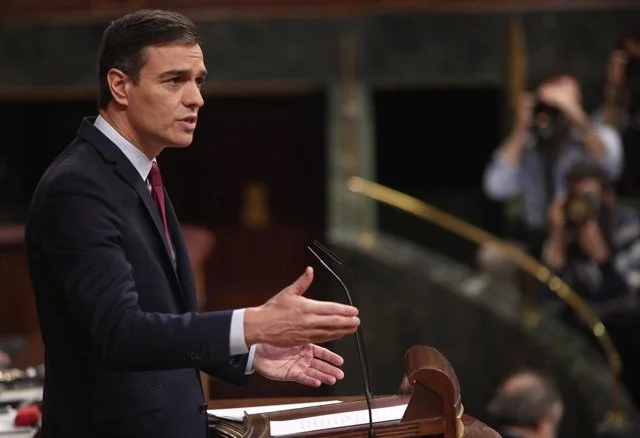Spain’s legislature recently faced a crucial vote, testing Prime Minister Pedro Sánchez’s coalition strength.
This was the first major test for Sánchez’s government, revealing the coalition’s fragile support.
Parliament aimed to approve three key decrees for government operations. Only one passed, unlocking 10 billion euros from the European Union.
A second decree on unemployment benefits was rejected due to opposition from Podemos party members.
They feared negative impacts on certain groups, showing internal coalition challenges.
A critical proposal for financial aid tied in votes, suggesting a need for revising to meet Podemos’ demands.

Minister Félix Bolaños urged unanimous support during the debate, highlighting the proposals’ importance for citizens and businesses.
However, the government struggled to gain full support from its coalition and the opposition, revealing the complexities of Spain’s political landscape.
The opposition, especially the Popular Party, refused to back Sánchez’s government. Their leader, Alberto Núñez Feijóo, declined to ‘rescue’ Sánchez.
Junts per Catalunya (Together for Catalonia) also criticized the Socialist Party’s negotiation efforts.
They initially supported Sánchez’s government but demanded amnesty for Catalan independence supporters, including Carles Puigdemont.
Despite their initial resistance, Junts per Catalunya allowed the crucial EU funds decree to pass, suggesting backroom negotiations.
These events in Spain highlight the intricacies of coalition governance.
They stress the need for negotiation, consensus, and balancing diverse interests to maintain political stability and legislative success.

